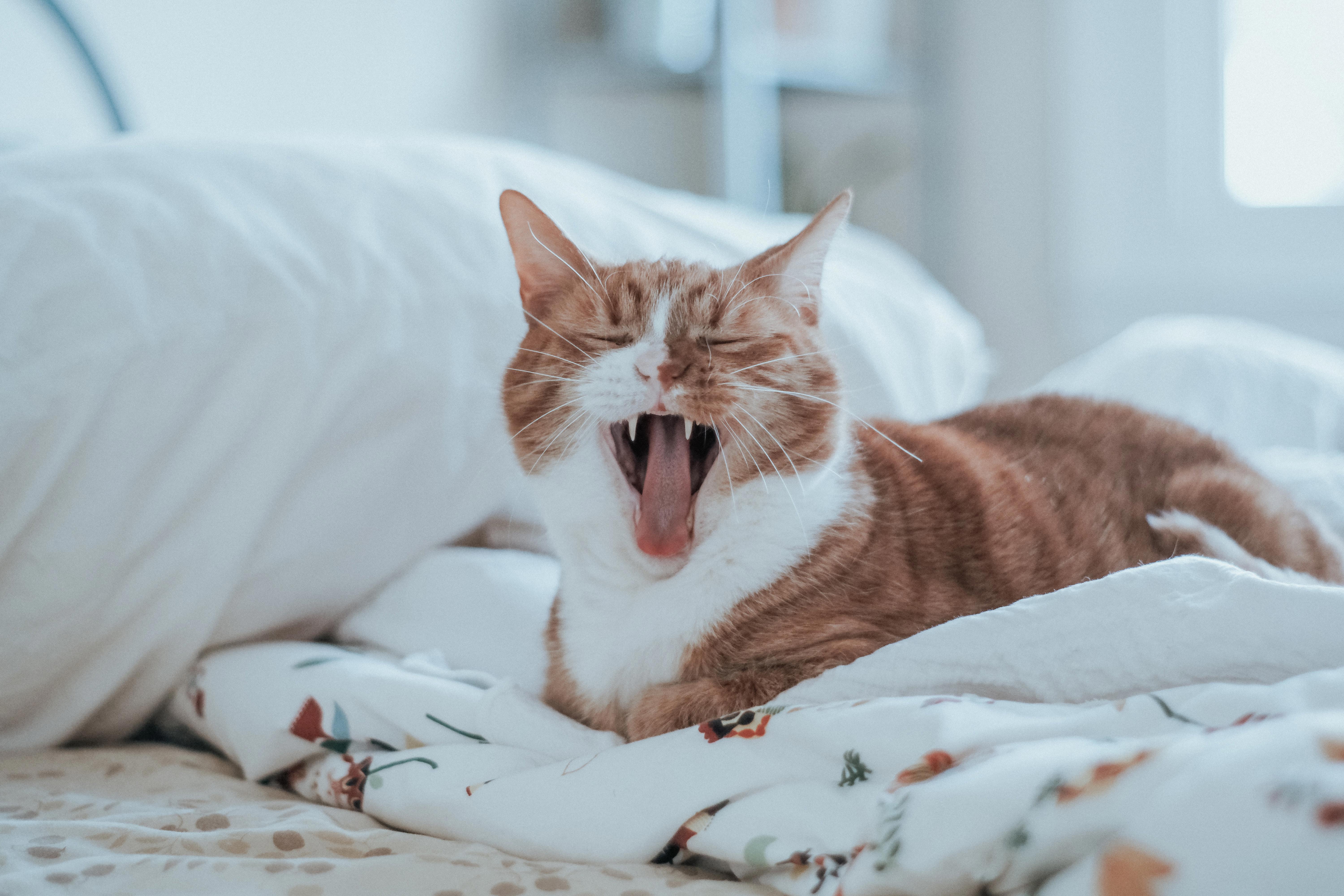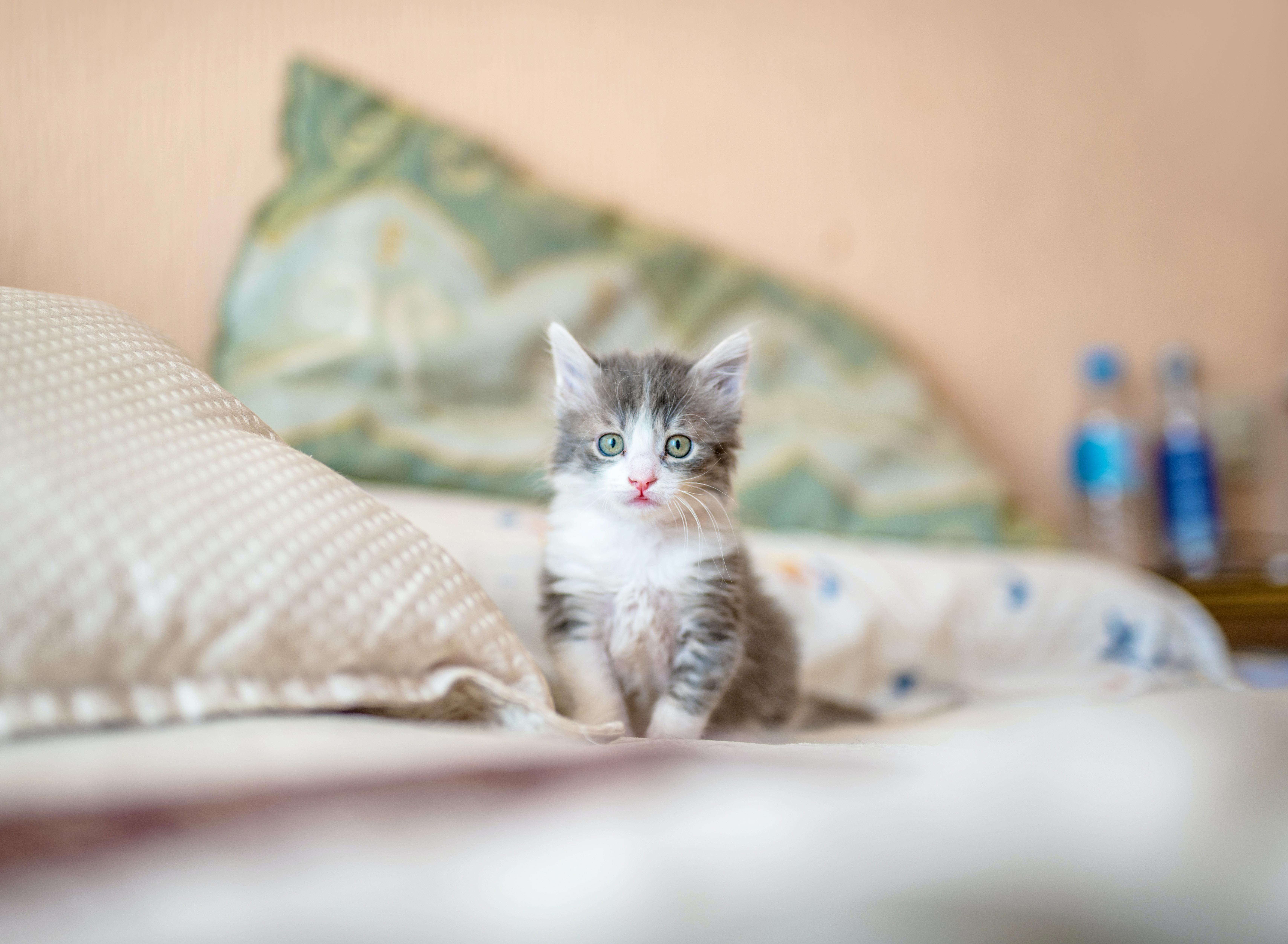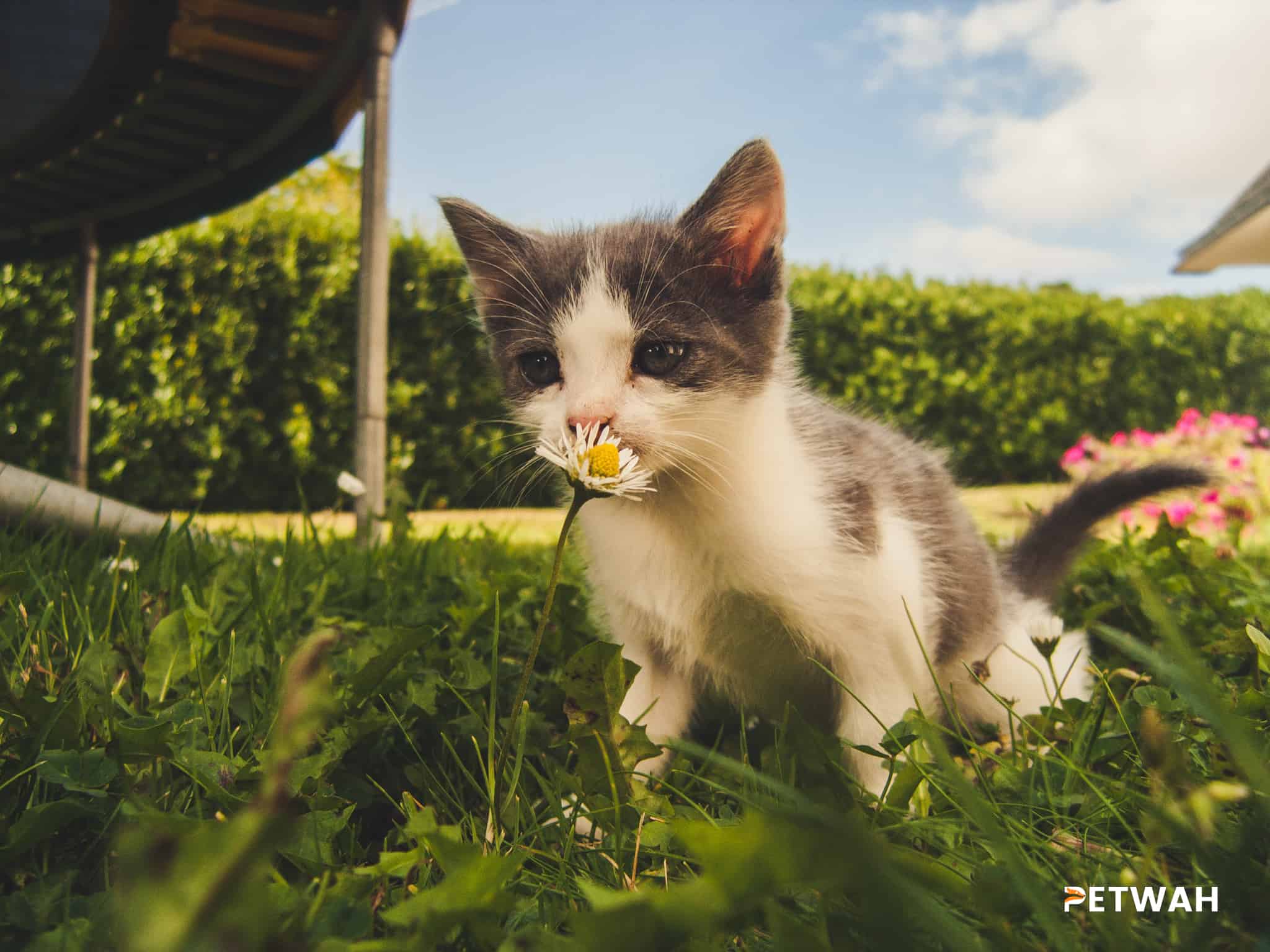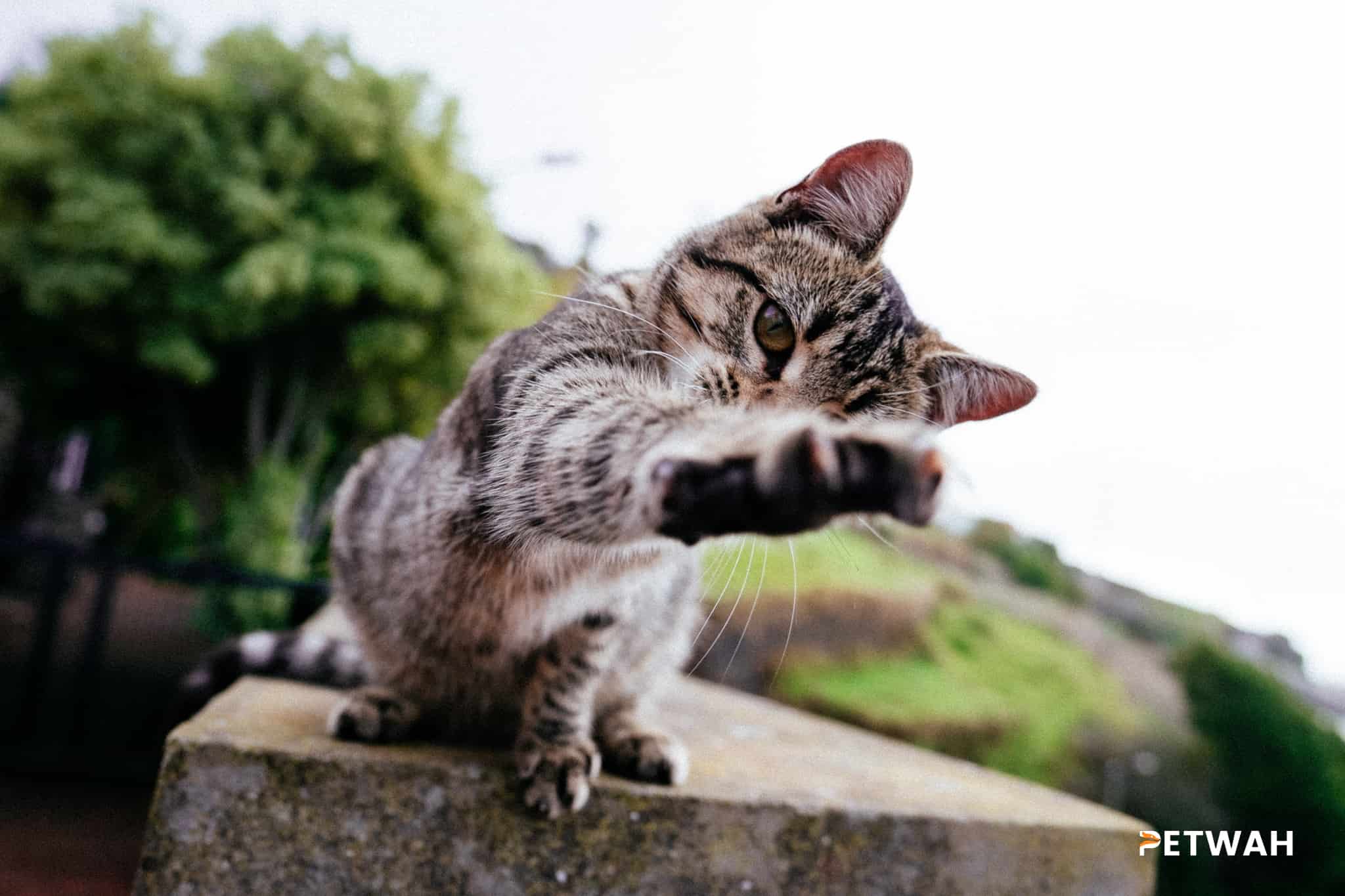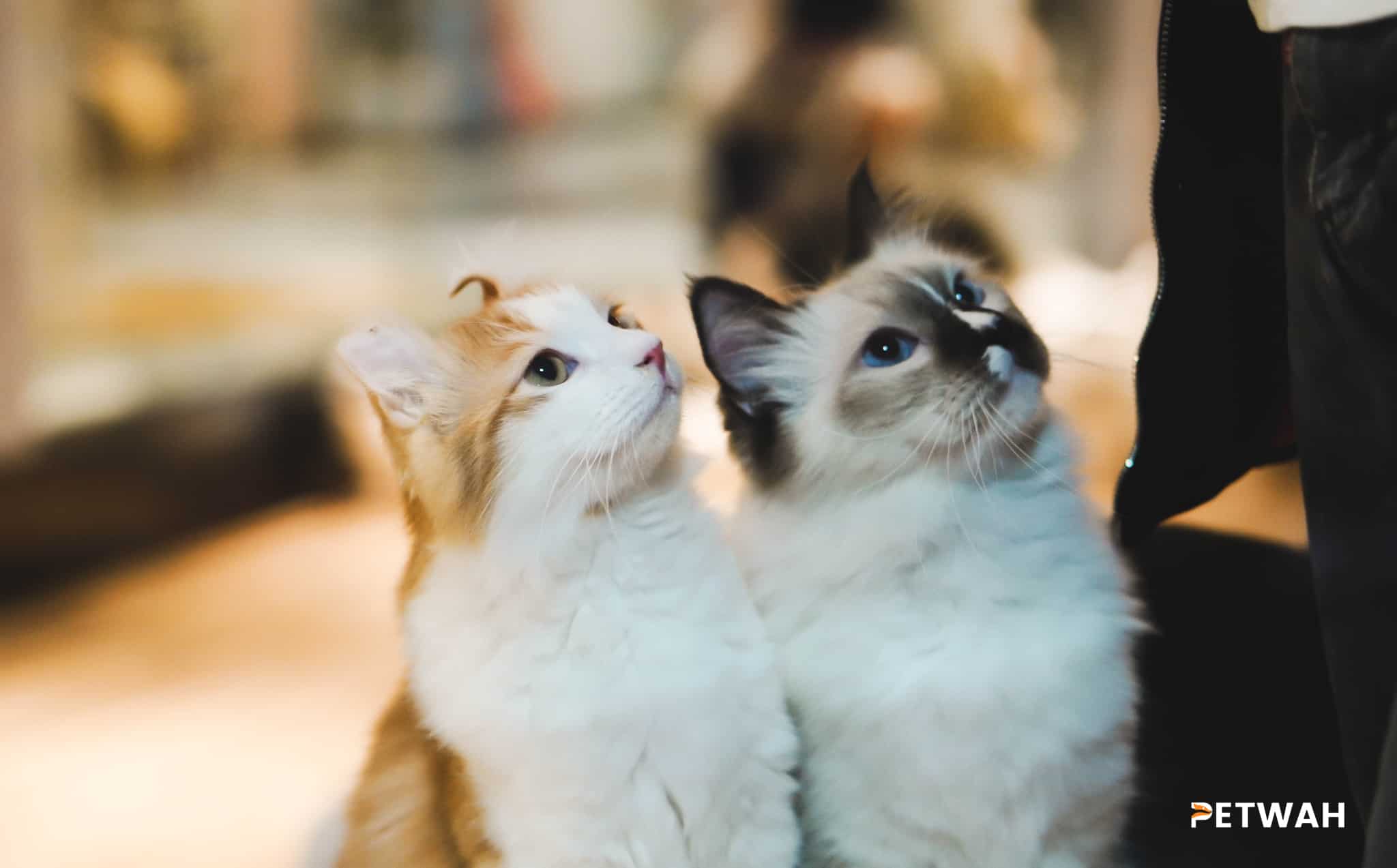Cats are curious creatures and love to explore their surroundings. As pet owners, we want to provide them with a safe environment to play and relax in. However, did you know that some of the plants you have at home could be toxic to your feline friend? In this blog post, we’ll take a closer look at common household toxins and cat-safe plants that you can have in your home to keep your furry friend safe and healthy. So, if you’re a cat parent or planning to adopt a cat, keep reading to learn more about protecting your feline friends.
As pet owners, we always want to keep our furry friends safe and healthy. This is especially true when it comes to cats, who love to explore their surroundings and have a curious nature. One of the ways that we can protect our feline friends is by being aware of the plants and household toxins that are toxic to them.
Plants that are toxic to cats
There are many plants that are toxic to cats, and it is important to be aware of them so that you can avoid having them in your home or garden. Some of the most common plants that are toxic to cats include:
– Lilies: All parts of the lily plant are toxic to cats and can cause kidney failure.
– Aloe vera: While aloe vera is a popular plant for its healing properties, it can cause vomiting, diarrhea, and tremors in cats.
– Poinsettias: While not as toxic as once believed, poinsettias can still cause vomiting and diarrhea in cats.
– Ivy: Ivy can cause vomiting, diarrhea, and abdominal pain in cats.
– Sago palm: All parts of the sago palm are toxic to cats and can cause liver failure.
Household toxins that are toxic to cats
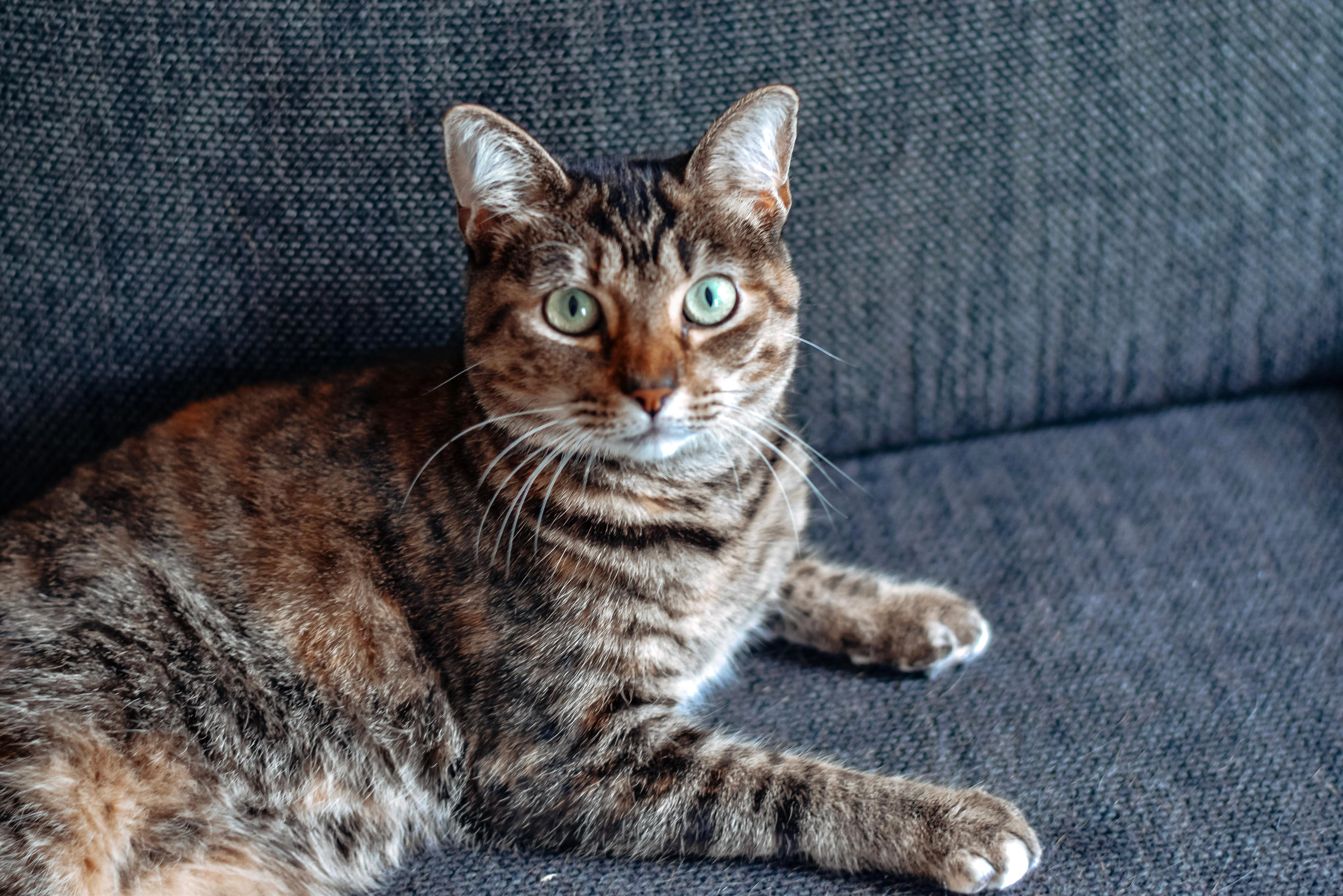
In addition to plants, there are many household toxins that are toxic to cats. These include:
– Cleaning products: Many cleaning products contain chemicals that can be toxic to cats. Always read the labels and keep these products out of reach of your cat.
– Human medications: Many human medications, including over-the-counter pain relievers and prescription medications, can be toxic to cats. Keep all medications out of reach of your cat.
– Insecticides: Insecticides can be toxic to cats, so be careful when using them in your home or garden.
– Antifreeze: Antifreeze contains a chemical called ethylene glycol, which is highly toxic to cats. Keep all antifreeze out of reach of your cat.
How to protect your cat from toxic plants and household toxins
The best way to protect your cat from toxic plants and household toxins is to be aware of the dangers and take steps to prevent your cat from being exposed to them. Here are some tips:
– Do your research: Before bringing a new plant into your home or garden, research whether it is toxic to cats.
– Keep plants out of reach: If you do have plants that are toxic to cats, keep them out of reach or consider getting rid of them altogether.
– Store household toxins safely: Keep all household toxins, including cleaning products and medications, out of reach of your cat.
– Check your car for leaks: If you park your car outside, check for antifreeze leaks and clean them up immediately.
In conclusion, protecting your feline friends from toxic plants and household toxins is an important part of being a responsible pet owner. By being aware of the dangers and taking steps to prevent your cat from being exposed to them, you can help ensure that your cat stays happy and healthy for years to come.
In conclusion, keeping your feline friends safe from toxic plants and household toxins is crucial for their health and well-being. By following the tips and guidelines outlined in this guide, you can create a safe and healthy environment for your cat to thrive in. Remember to always do your research before introducing new plants or products into your home, and don’t hesitate to reach out to your veterinarian if you suspect your cat has ingested something toxic. By working together, we can ensure that our furry friends stay happy, healthy, and safe for years to come.


